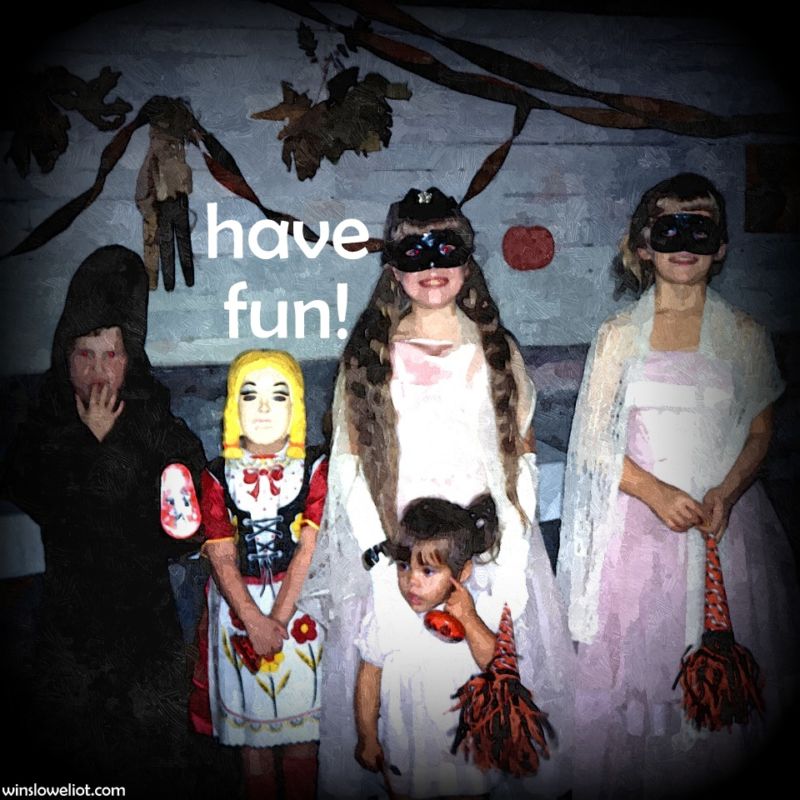
Stillness 11-2: It might seem an unlikely time to think about the word “fun” on a dreary Monday morning at a crucial time in history and during a pandemic, but maybe that makes the concept of fun all the more interesting. The word “fun” is fairly recent (meaning it evolved during the Middle Ages). At that time, European writers were concerned with serious, religious topics or they were pouring out heart-rending romantic tales, which had very little of “fun” in them. Fun was the purview of the upper classes, a divertissement brought over by the French during the Norman Conquest. But a few centuries later Chaucer came along and introduced fun as integral to the lives of common people, rather than as a pleasant diversion only rich folk could afford.
As the centuries passed, the English wanted to create a separate identity from their French conquerors. Henry VII banned “fun” in England in a funny effort to differentiate the decadent pleasures of the French from the seriousness of being English. But then Henry VIII reintroduced the concept of fun into his court (although his wives may not have thought he was all that fun.) Eventually, he banned “fun” in his court again. By the end of the 17th century, fun became more prevalent as the English grew tired of William III’s humorless Calvinism, relentless religious persecution, and wars.
Some historians say that petty criminals who were shipped off to the colonies were responsible for bringing the word “fun” to other continents. In the United States, fun quickly became serious business, as we see in sports, entertainment, media, and amusement parks. It’s very hard to remind ourselves that having fun simply for the sake of having fun, not as relief from hard work or to make money, is really okay.
We’re not sure where the word “fun” and “funny” originated, although it may be from Middle English fonne which means “fool”–and that makes some sort of sense. It’s possible the concept of having fun emerged from the notion of fooling someone, which I suppose can be fun sometimes.
Interestingly, “funny” came to have two quite separate meanings: one being amusing and the other being quirky. No one knows why.
“That’s funny!” someone will say.
“Do you mean funny-haha or funny-odd?” we ask them.
